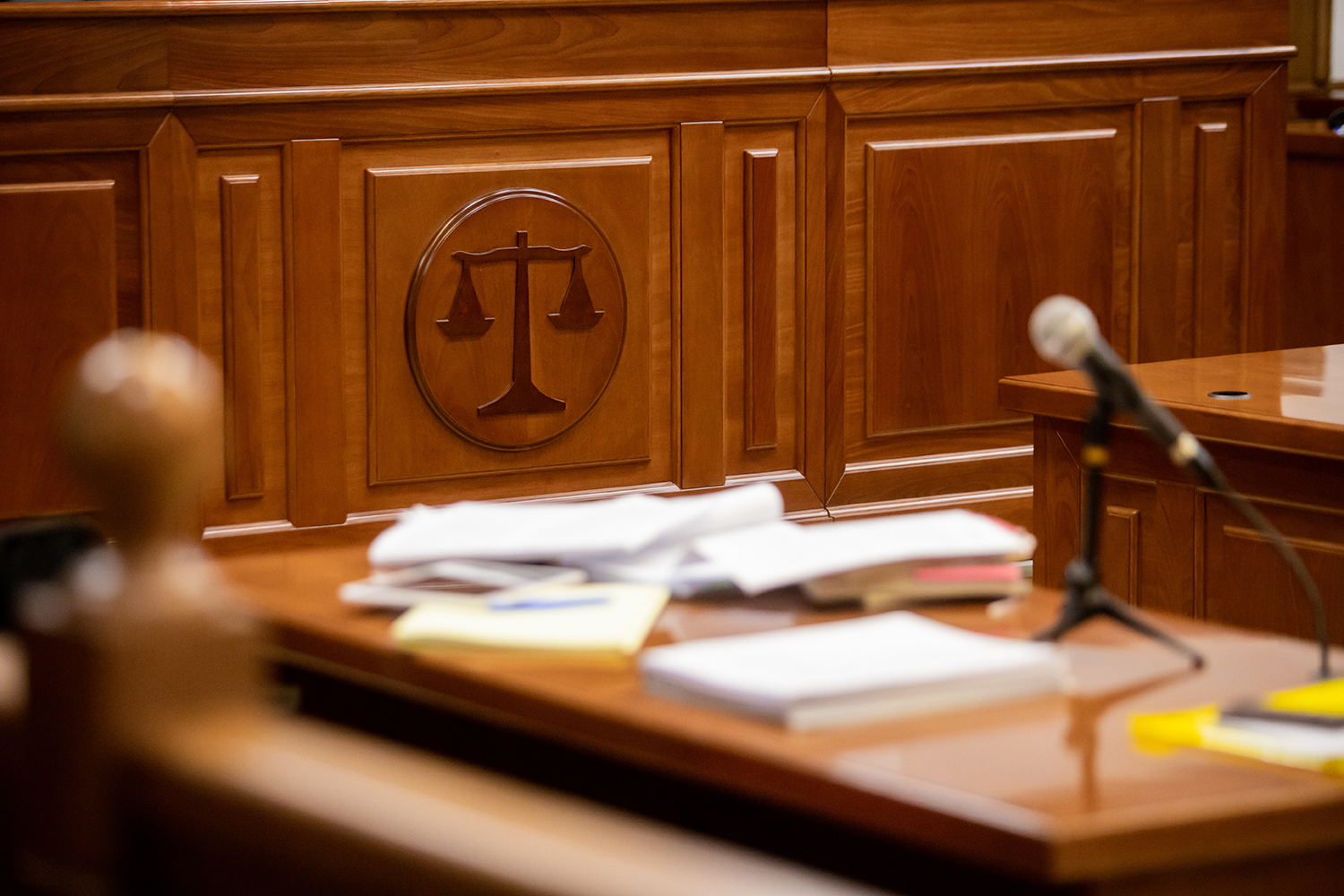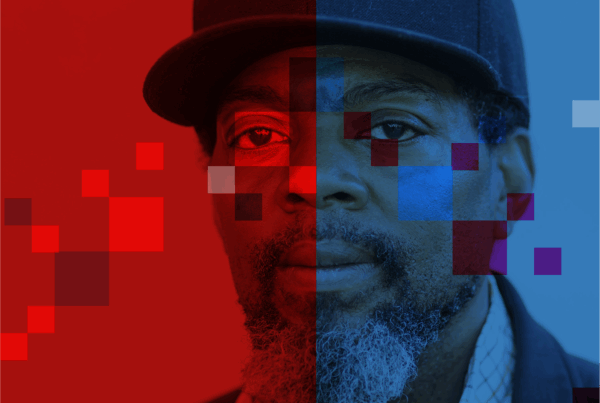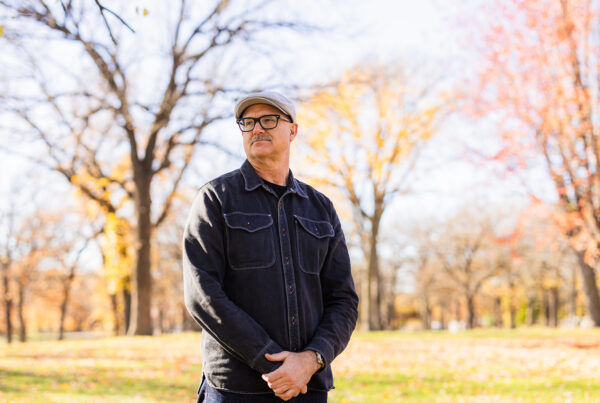You have a constitutional right to a lawyer…but will you actually get one?
“You have the right to an attorney; if you cannot afford an attorney, one will be provided.” These words are a popularized part of the Miranda rights read to people who have been arrested, and they reflect one of the truths of the Sixth Amendment: our Constitution guarantees the right to a lawyer, even if you cannot afford one. That right theoretically extends to every part of the process, beginning with bail determination, and continuing through trial, sentencing and appeal.
But is it true that if you cannot afford a lawyer, one will be provided?
Not necessarily. There is a disconnect between the constitutional ideal of the right to counsel and the unfortunate reality. As the Sixth Amendment Center has noted: if you cannot afford an attorney, you may still not get one. This inequality has dire consequences when it comes to bail. Over half the counties in America do not provide counsel at bail hearings. This means that thousands of people go in front of a judge every year without representation or the ability to make legal arguments about their bail, only for the judge to set a prohibitively high bail that keeps them locked up – all while presumed innocent.
Why is it so important that people are represented at bail hearings?
A bail hearing is a court hearing, sometimes synonymous with an individual’s first court appearance, or arraignment. The individual charged with a crime appears in front of a judge, who then sets conditions for that individual’s release from jail, such as cash bail. If the accused person has a lawyer, the lawyer makes a legal argument as to why the person should be released on their own recognizance. In other words, the lawyer advocates – usually arguing against the prosecutor’s request for bail – that the person should be released based on their promise to return to court.
Every day, in courtrooms across the United States, public defenders argue for their clients’ release. For example, in New York, attorneys advocate for their clients’ release based on a variety of factors, including the person’s character and reputation, community and family support, history of prior convictions, employment status, and financial resources. These arguments are often complex and require an understanding of bail laws and the facts of the case, as well as an appreciation for what factors the particular judge might find persuasive. In other words: an accused person without counsel is seriously disadvantaged during a bail hearing. Fortunately, under New York law, individuals charged with a criminal offense are guaranteed by the Office of Indigent Legal Services that they will receive legal representation at their bail hearing.
Many people don’t get attorneys at their bail hearings.
New York is an outlier when it comes to robust funding and infrastructure for indigent defense representation. In many states, indigent defendants do not have lawyers during their bail hearings. In one county in Mississippi, only 20 percent of individuals charged with felony offenses during 2022 received appointed counsel. In Oregon, the state failed to provide counsel to hundreds of people charged with crimes in 2022 and 2023. And in Travis County, Texas, a populous county home to Austin, the ACLU recently filed a class action to affirm the right to counsel at a bail determination hearing. Travis County is not alone; most counties in Texas do not guarantee attorneys for individuals who cannot afford to pay for a lawyer. Needless to say, the lack of representation at bail hearings for indigent defendants is one of many ways in which the criminal legal system disadvantages the poor while protecting the rich.
Do lawyers make a difference in bail hearings?
In 2023, a group of researchers set out to test the question: does providing counsel at a bail hearing affect the amount of bail set? The study examined the impact of defense lawyers in Pittsburgh, Pennsylvania over the course of a year. Half of the people in court who could not afford lawyers were provided with public defenders at their bail hearings, and half were unrepresented. The clients who had lawyers were 20 percent more likely to be released on their own recognizance, with no monetary bail set, than those individuals without public defenders. Representation during a bail hearing is not only a constitutional right: it has a significant effect on the outcome of the judge’s bail determination – and could be the difference for someone between spending months behind bars, versus fighting a case from the comfort and safety of their home and community. Pretrial incarceration has a host of negative collateral consequences, including the loss of housing or employment, separation from children and family, and a decline in mental and physical health.
The unfortunate reality is that every day, people go in front of judges without the benefit of lawyers to represent them at bail hearings. The Bail Project works with family, friends, and community members to provide free bail assistance and supportive services to people charged with crimes – and all our services are 100% free. For more about our work, check out our model.
Thank you for reading. The Bail Project is a 501(c)(3) nonprofit organization that is only able to provide direct services and sustain systems change work through donations from people like you. If you found value in this article, please consider supporting our work today.











